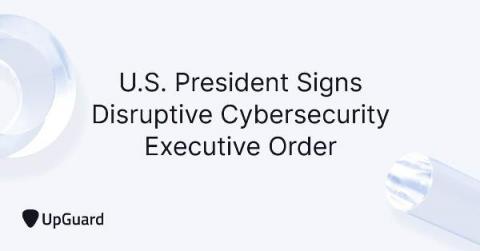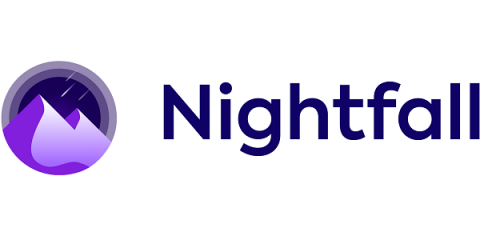Top 5 Security Risks of Cloud Computing
Many businesses are shifting workloads to the cloud in an effort to increase efficiency and streamline workloads. In fact, according to the Flexera 2021 State of the Cloud Report, roughly 90% of enterprises anticipate cloud usage will expand even further as a result of COVID-19. While cloud computing can offer organizations a competitive advantage, it is important not to rush into cloud adoptions without understanding the risks involved as well.









